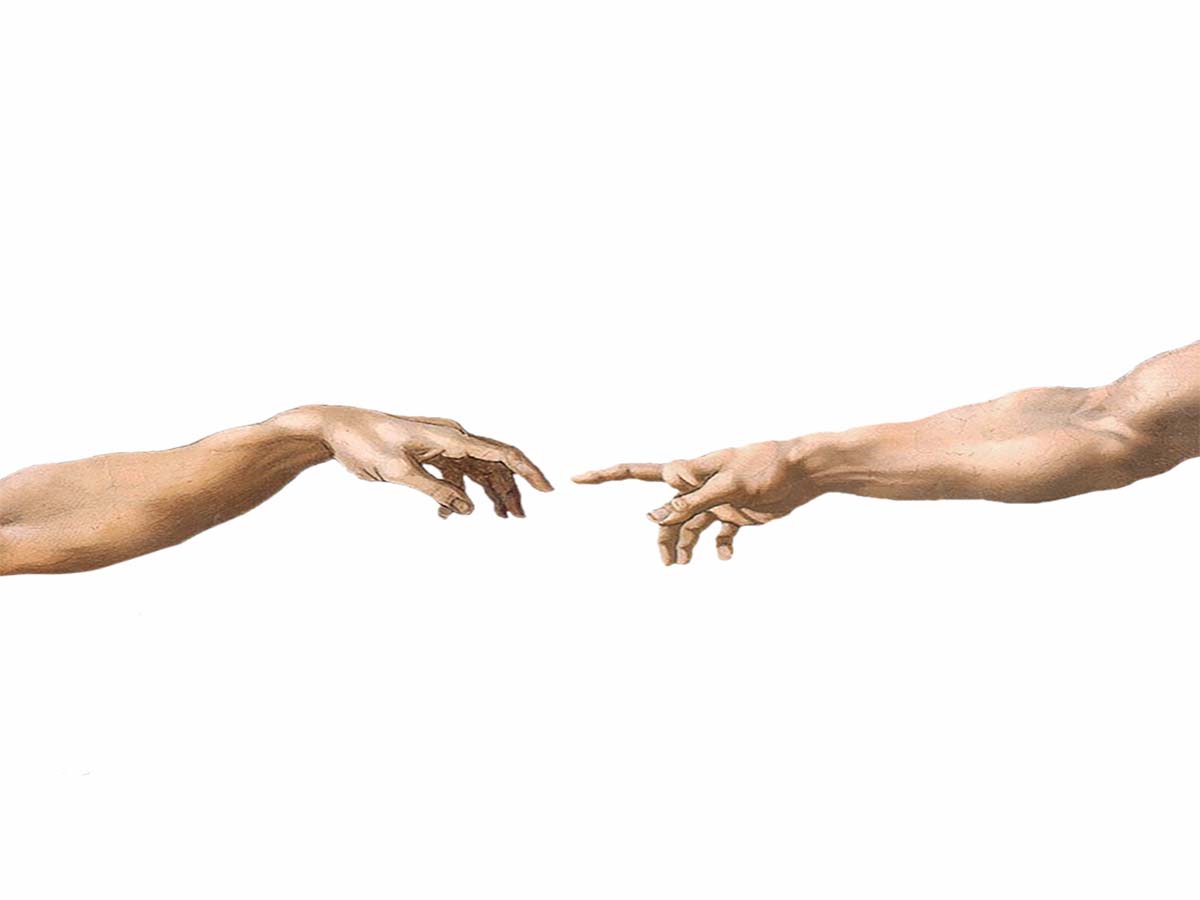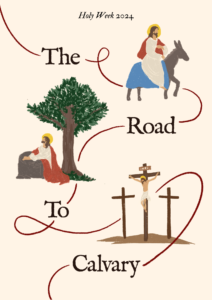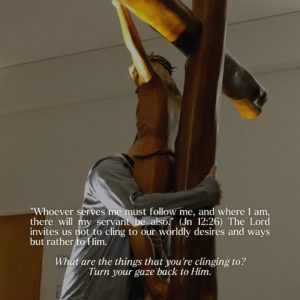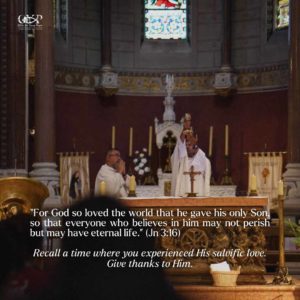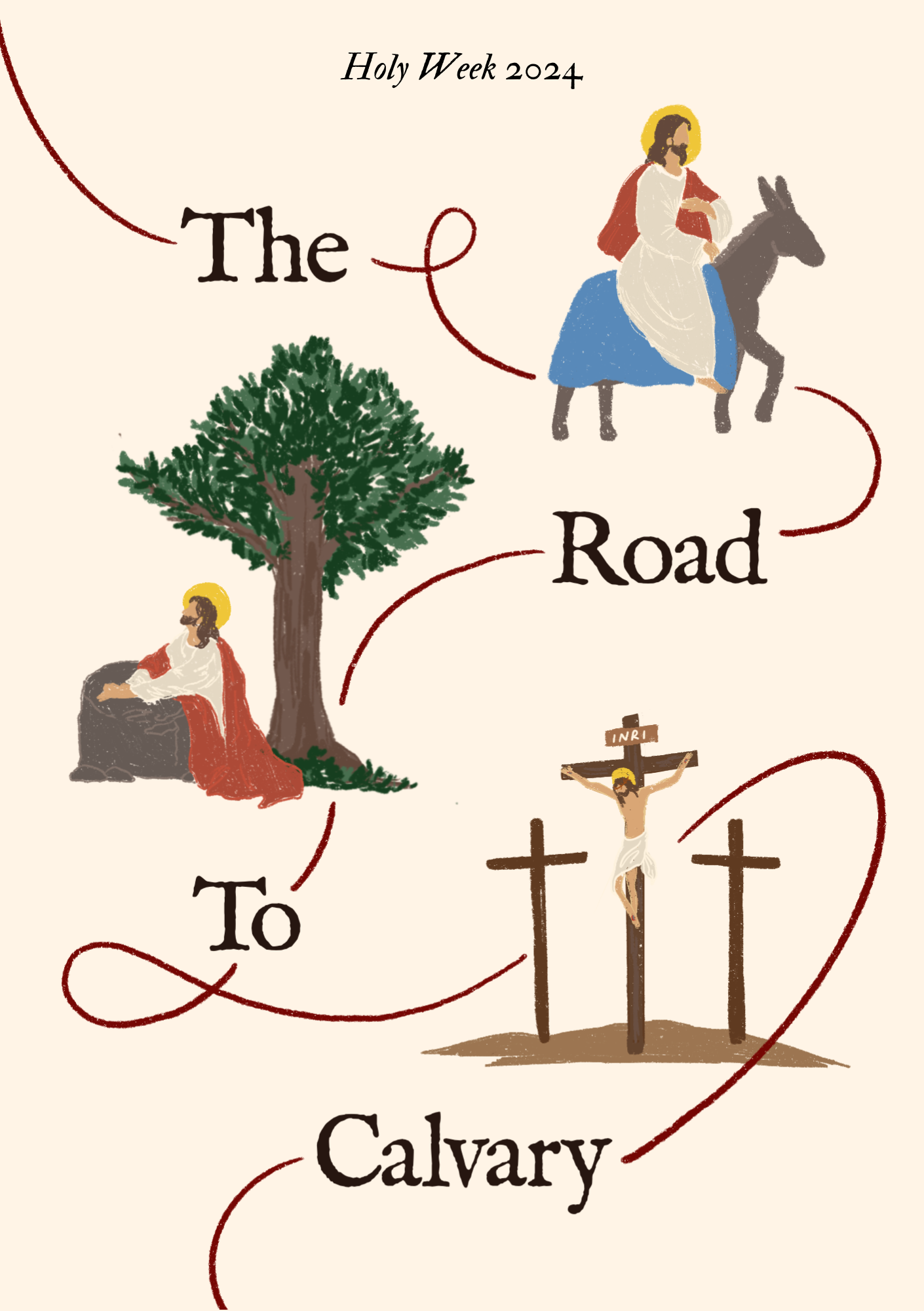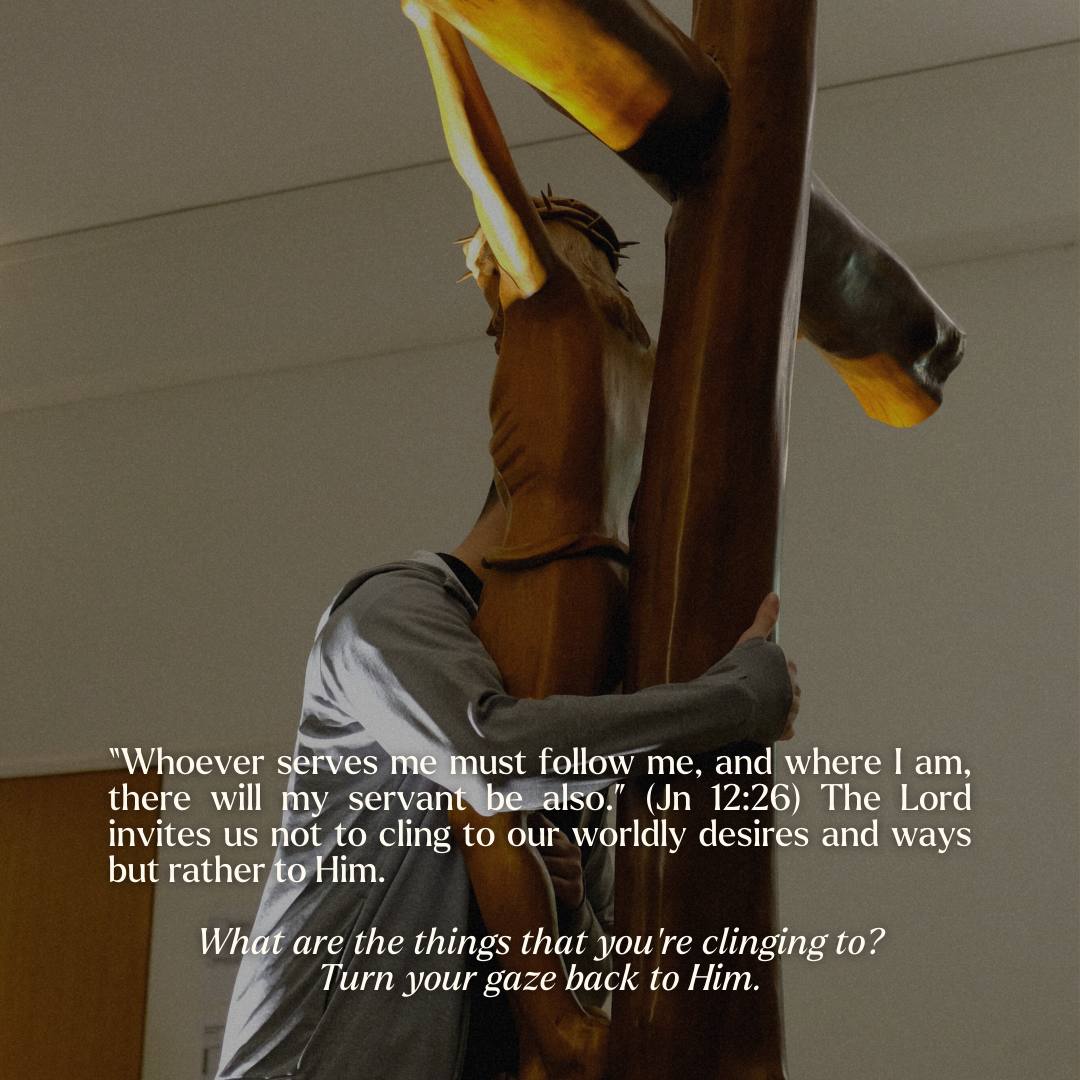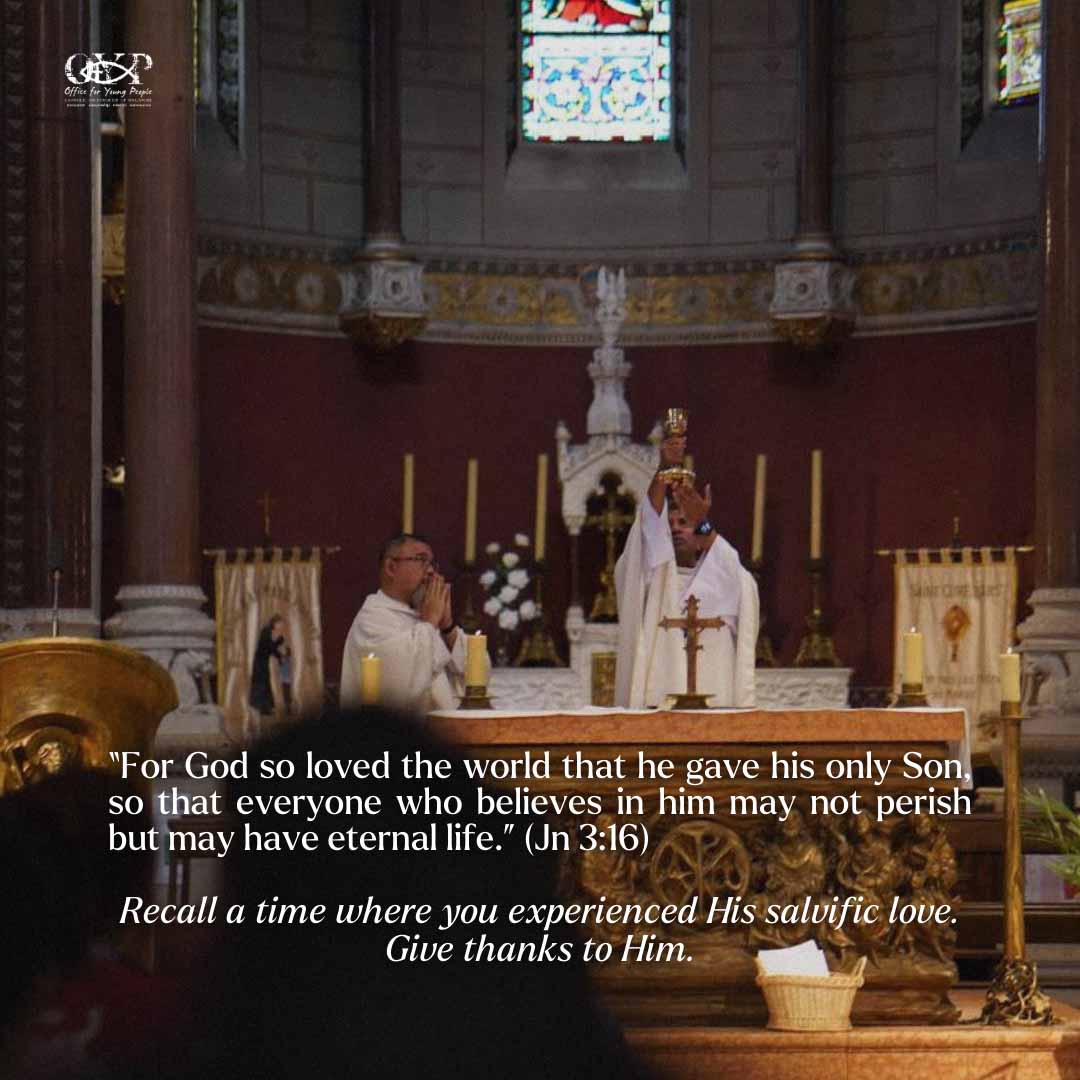By Lucas Tang
Jesus tells His apostle Thomas, ‘Have you believed because you have seen me? Blessed are those who have not seen and yet have come to believe.’ (John 20:29)
From what Jesus says, and from our own experience, science and faith appear to have quite an antagonistic relationship. One demands that we have hard evidence and experimental proof before arriving at a conclusion, while the other asks us to forgo all empirical data and trust in the immaterial. Yet, many great pioneers and academic revolutionaries have come from the Catholic church, such as St Thomas Aquinas who helped further the scientific method, and Fr Georges Lemaitre, a Belgian priest famous for proposing the Big Bang theory. How were they able to arrive at a synthesis of faith and reason?
Scientists and religious believers are actually not so different because they’re both seeking the truth – who we are, our world, and our place in the world. Both faith and reason are important pillars in arriving at the truth. Science should always be objective and never be used to push a certain belief or agenda. Science, through empirical studies, is there to report the facts as they are and their corresponding conclusions.. But sometimes things may happen outside the current understanding of science, and that is where faith comes in!
In faith, through divine revelation, our human intellect and our will cooperate with God’s grace. But it is by no means a blind impulse of the mind (CCC 155-156). God, who is the source of all truth, cannot deny Himself, nor can truth ever contradict truth (CCC 159). According to St John of the Cross, faith does not deny the power of understanding, but raises it to its full potential so it can contemplate the mystery of the created. What this means is that with faith, it is possible to walk towards a truth that transcends us, which is God himself.
Allowing our own reason and faith to co-exist is necessary because they answer two different – though equally important – questions of our lives: ‘how am I here?’ and ‘why am I here?’.
For example, the Big Bang theory is a model which tells us how the universe came about, while the book of Genesis, the first book of the Bible, tells us why the universe came about and why you and I were created at all.
At first glance, the two oppose each other on their accounts of creation: how long did it take to make the earth? Several billion years? Or seven days? This contradiction arises because we mistake the Bible as a scientific journal when it is only meant to communicate theological facts. I cannot look at the Bible to explain the runaway accretion process that led to the earth’s formation, nor can I look at the Big Bang to tell me that I am the beloved.
But of course, though faith asks us to believe in the unseen, that does not mean our convictions should be unfounded. There should be good reasons why we believe, and this is seen through the apostle Thomas. We so often refer to him as ‘doubting’ Thomas, that we fail to recognise he was also ‘believing’ Thomas. In his doubt he was looking for evidence to believe, but after touching the physical wounds of the resurrected Jesus, Thomas was so moved to pronounce Jesus as ‘my Lord and my God’ (John 20:28). Similarly in our own lives, when we hear others share their stories of hurt, healing and redemption – when their woundedness is revealed to us like how Jesus did to Thomas – it also moves our hearts to become ‘believing’ Thomas. That’s why sharing testimonies and bearing witness to what God has done for us is so important, because we become the physical evidence of God’s goodness and existence and THAT stirs the faith of others. Scientists may never formulate an equation or acquire enough proof to show the existence of God, but when we see living witnesses and when we can reach out and touch their wounds, it moves us to believe in a God that is good and real.

